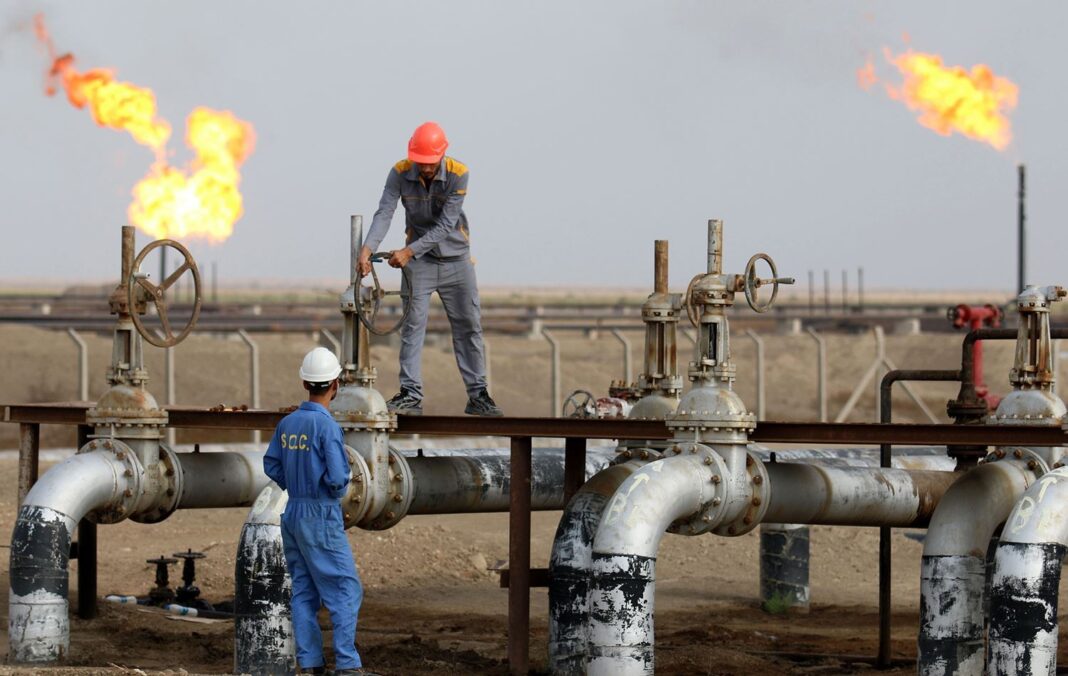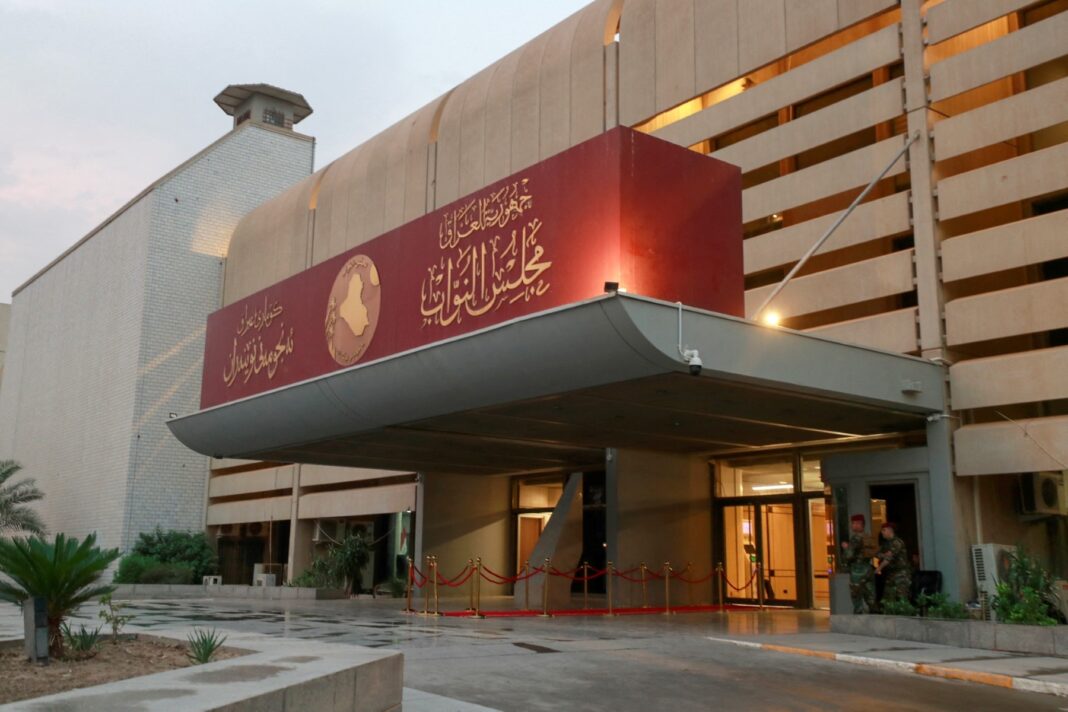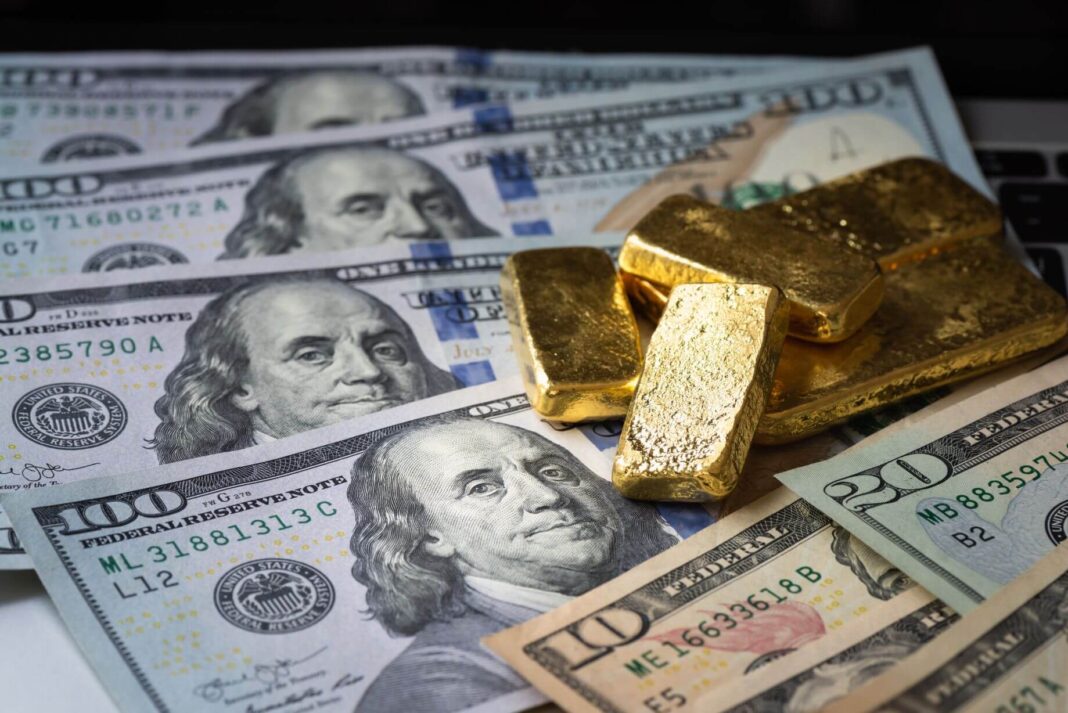Iraq increases oil exports amid declining prices, signaling the country’s determination to maintain revenue despite market challenges. According to the State Organization for Marketing of Oil (SOMO), Iraq exported 104.7 million barrels in July, averaging 3.38 million barrels per day.
This figure reflects a six percent monthly increase, even though crude prices have dropped about ten percent since the start of 2025. Analysts note that global demand concerns, partly driven by US-related tariff disputes, have influenced the pricing decline. Nevertheless, Iraq continues to prioritize production and shipment growth.
Furthermore, Iraq’s rise in exports aligns with its long-term strategy to strengthen crude output. Bloomberg reported that the country planned higher shipments for a major oil grade in August, reinforcing its extended export program. By steadily increasing deliveries, Iraq hopes to preserve its market share and revenue streams.
As OPEC’s second-largest producer, Iraq plays a critical role within the OPEC+ alliance. OPEC+ recently adjusted policies and reduced production limits that had controlled global oil prices for years. Consequently, Iraq can now take advantage of the market to increase its exports efficiently.
Economic estimates also emphasize the importance of oil revenue. The International Monetary Fund (IMF) reported that Iraq’s break-even oil price rose to $84 per barrel in 2024, compared to $54 in 2020. This increase underscores the pressure on Iraq to maintain high production levels despite falling crude prices.
Looking forward, the IMF projects Iraq’s oil exports to reach $84.2 billion in 2025, down from $99.2 billion in 2024. By 2026, exports are expected to slightly recover to $79.2 billion. These projections highlight the balancing act Iraq must perform between volume, price fluctuations, and global market conditions.
Ultimately, Iraq increases oil exports amid declining prices, demonstrating its commitment to sustaining national revenue. Through careful planning, strategic shipments, and OPEC+ cooperation, Iraq continues to navigate challenging market dynamics.



